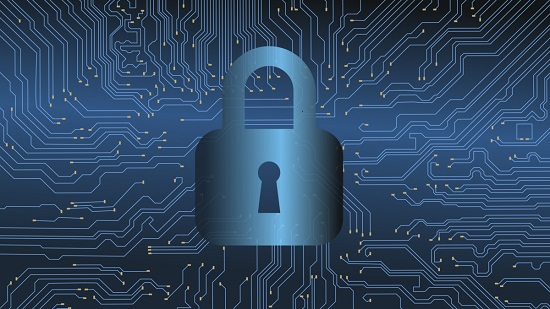The average cyber attack costs small businesses $8700.
That’s the equivalent of several employees’ salaries, office rent, and countless other expenses.
So, needless to say, cybersecurity is essential in today’s business climate.
By using key tools like VPNs and malware scanners along with following a strong digital hygiene policy, businesses can prevent hacks, reduce downtime, and raise productivity across the board.
Here are some of the essential and cost-effective steps your company needs to follow.
1) Invest in digital hygiene training for all employees
Whether it’s a top-level executive or a fresh intern, every member of your company needs to be up to date on cybersecurity best practices—referred to as digital hygiene.
Regardless of how secure your network is, what antivirus tools you are using, and other security measures you take, if somebody downloads an infected file, it puts the whole company at risk.
The good news is that most digital hygiene practices are fairly common sense. For example, make sure to avoid downloading files from unknown senders.
There are also more complex steps like learning to recognize phishing attempts and other sources of potential data breaches. Make it part of the standard training for all new employees.
For existing employees, hold a few training sessions with periodic refresher courses.
2) Make sure everything is updated
There’s nothing more annoying than a pop-up or bouncing app asking to be updated while you’re writing an important email.
However, hackers always find security flaws in operating systems and apps. For that reason, developers patch them to protect their users.
This doesn’t mean you need to stop everything you are doing to wait for an update to install. Instead, you can schedule apps to update during periods of downtime, like a lunch break or after work on an automatic schedule.
3) Protect your network connection
The vast majority of all hacks come over the internet. Some are targeted while others are part of a mass attack against thousands or millions of systems.
One of the most common methods of attack is through unsecured network connections and IP addresses.
From here, hackers can easily crack into your local network and gain access to personal information, sensitive company details, and much more.
The best way to protect your company is by using a virtual private network, get one on Play Store.
A VPN or virtual private network protects and encrypts your connections with the latest security technology. You use them on all devices or install one on your router to protect all connections. It’s one of the best ways to prevent hacks.
4) Two-factor authentication
You’ve probably noticed that more and more apps require two-factor authentication as a default. It’s become a security standard because of how effective it is. Hackers can easily crack most passwords with brute force attacks.
However, the additional layer of security means that even if the password was compromised, an additional login, such as confirmation email and OTP code, is necessary to login to accounts. Thus, greatly increasing security.
5) Back up your network regularly
Ransomware is one of the more sophisticated types of attack. Instead of just stealing passwords or credit card details, hackers gain access to valuable corporate data.
In many cases, it may not even be particularly sensitive like research information, but still essential data like files and spreadsheets that would take a huge amount of time to replace.
Like businesses, hackers know time is money. So they hold networks hostage until companies agree to pay a ransom. By routinely backing up systems, you can make sure you always have control over your data.
Like your updates, schedule backups during lunch breaks or other downtimes, so you always have the latest version possible.
Bonus: Permissions and crisis management
Nowadays, you can control who has access to what programs and files. Permissions aren’t about trust, but about logic.
For example, even high ranking employees don’t need admin access to key programs. This is doubly true for new employees or guests whose access should be highly restricted until you find it appropriate to change permissions accordingly.
Finally, anybody can accidentally download a virus or delete a program. It happens. More than anything, employees need to feel comfortable reporting this immediately.
The quicker they report it, the simpler it is to minimize any potential damage. Employees need to recognize suspicious patterns of activity and share it with you immediately.
Key steps to increasing cybersecurity
It doesn’t matter what industry you are in, cybersecurity is essential. The vast majority of all hacks happen to small and medium businesses.
Protect your company by following these necessary steps. Ensure everybody is kept up to date with the latest digital hygiene protocols. Use tools like VPNs to protect your network connections.
Keep software up to date and regularly update your network. You’ll prevent hacks from happening and ensure your company never suffers the downtime and lost productivity of a cyber attack.

